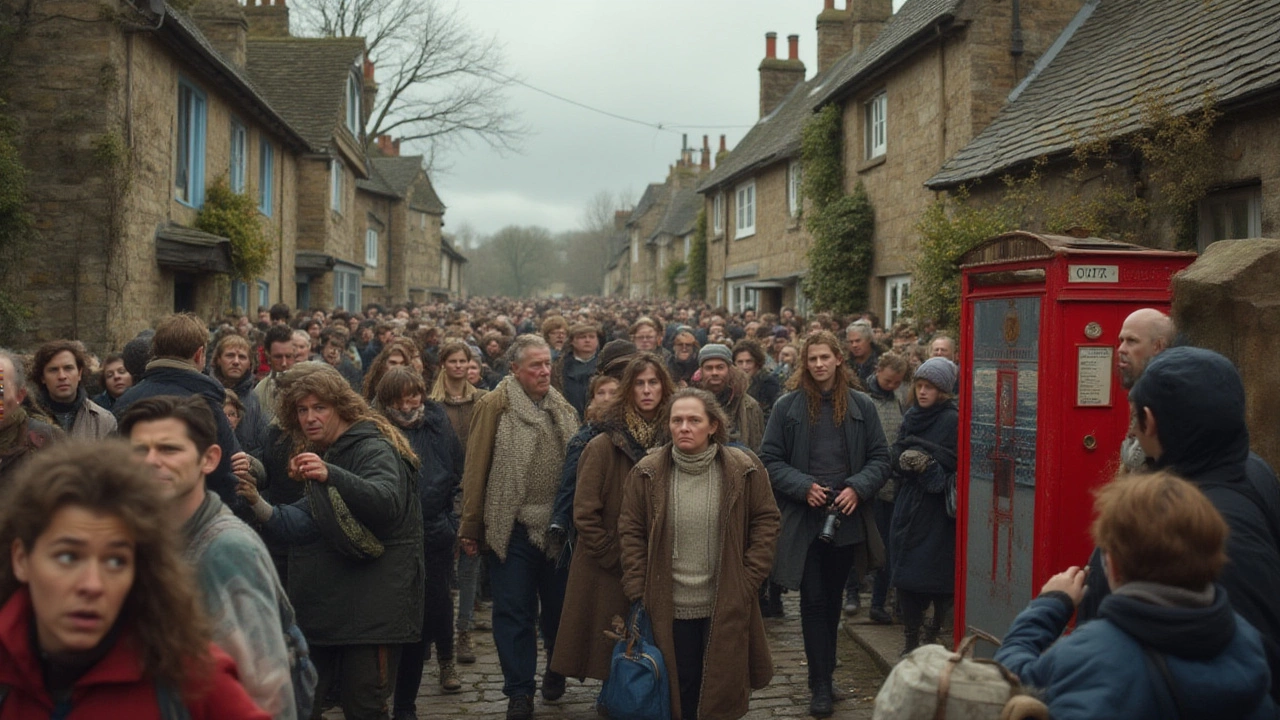Over‑tourism in the UK – What It Means and How to Beat It
You've probably heard the term "over‑tourism" on the news, but what does it really look like on the ground in the UK? Simply put, it’s when too many visitors crowd a place, pushing up prices, straining services, and taking the charm away. London’s tube at rush hour, the endless lines at Stonehenge, and the packed streets of Bath during summer are classic signs.
These pressures don’t just make you wait longer; they can damage historic sites, harm local ecosystems, and cost communities money they could use for other needs. Knowing the signs helps you avoid the worst of it and gives you a chance to support places that need a break.
Hotspots Feeling the Heat
London tops the list – the city attracts millions each year, and while it’s a great destination, peak times mean crowded museums, full buses, and pricey hotels. The Lake District sees a surge in hikers during holidays, leading to trail erosion and longer parking queues. Coastal towns like Brighton and Cornwall’s town of St Ives also feel the squeeze during beach season, with traffic snarls and noisy streets.
Even the quieter spots aren’t safe. The historic city of York sees a rush of day‑trippers in June and July, filling its narrow streets and putting pressure on its medieval walls. If you’re planning a trip, it helps to know which months are busiest and which places have alternatives nearby.
Travel Tips to Keep the UK Happy
First, travel off‑peak wherever you can. Visiting London in late autumn or the Lake District in early spring means fewer crowds and better deals. Second, explore lesser‑known gems. Instead of Bath, try the historic spa town of Leamington Spa; instead of Stonehenge, consider the ancient site at Avebury, which is less crowded but equally impressive.
Third, use public transport wisely. Trains and buses reduce car congestion in popular towns. If you must drive, park outside the town centre and walk or bike in – many places now offer free bike rentals for tourists.
Fourth, respect local guidelines. Some sites ask visitors to stick to marked paths or limit numbers of people at a time. Following these rules helps preserve the environment for future visitors and locals.
Finally, spread your spend. Small towns often rely on tourism revenue, so buying a coffee at a local café or staying in a family‑run B&B makes a big difference. Your money helps keep the community thriving without overburdening the main attractions.
By planning ahead and being mindful, you can enjoy the UK’s rich history and natural beauty without adding to the over‑tourism problem. You’ll also get a more authentic experience – fewer selfies in crowds and more genuine moments.
So next time you book a trip, ask yourself: when can I go? Where can I go instead? And how can I travel in a way that leaves places better than I found them? The answers will keep both you and the UK smiling.

Menu